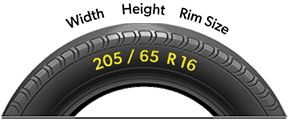Tire Specs Chart: Key Information for Choosing the Right Tires
You must know the functionality and specs of your car tires by knowing cryptic symbols on a tire specs chart. If you are facing difficulty, PitStopArabia will translate each element – width, aspect ratio, rim diameter, load rating, and more – into clear, actionable information.
Tire Size Meanings

Understanding tire size is crucial for selecting the right tires for your vehicle. Tire sizes are usually written on the sidewall of the tire and are presented according to industry standards, such as "225/50R17."
TIRE TYPE

Most tyres are designed to meet certain driving conditions and vehicle needs, including performance and safety. There are three types of tyre sizes:
- P-Metric: For cars, SUVs, crossovers, minivans, and small pickup trucks.
- LT: For light trucks, vans, and SUVs that frequently handle heavier loads or towing.
- ST: For trailers such as boat trailers, utility trailers, and travel trailers.
TIRE WIDTH

The tire width, the first number in the tire size code, measures the distance in millimeters from one sidewall to the other. A wider tire can improve traction and handling.
ASPECT RATIO
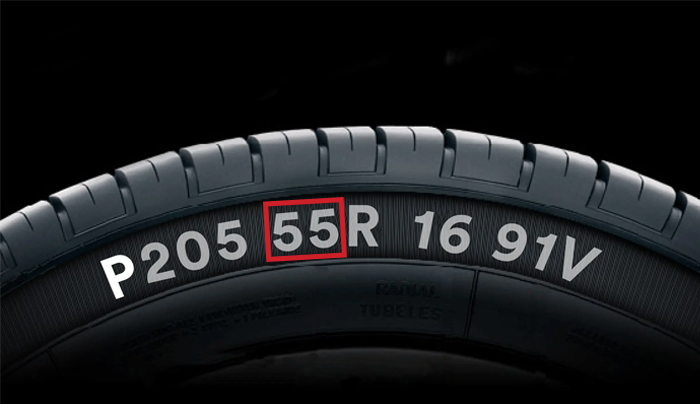
The aspect ratio, represented as a percentage, indicates the height of the tire's sidewall relative to its width. A lower ratio often means better handling, while a higher ratio can provide a smoother ride.
CONSTRUCTION TYPE
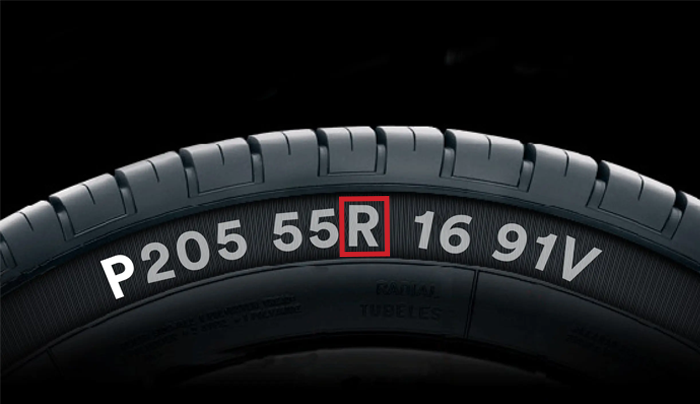
The construction type, chose by a letter, indicates how the tire is constructed and affects its performance, durability, and comfort.
Radial Tires
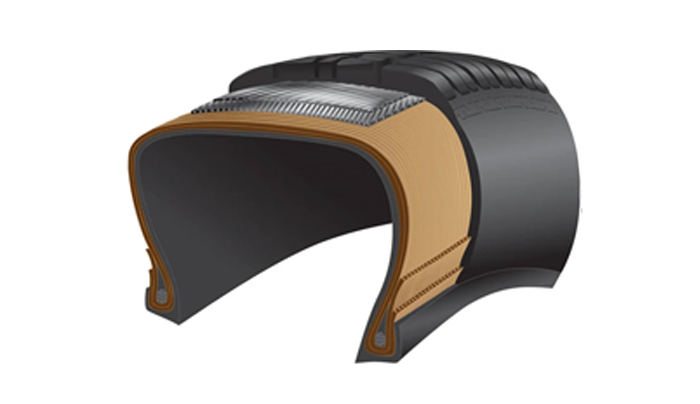
Radial tires, marked with an "R," are the most common type. They have layers running radially across the tire, offering better handling and a more comfortable ride.
Diagonal Plies or Bias-Constructed Tires

Diagonal or bias-constructed tires have layers running diagonally. These are less common, although they are utilised in specific applications due to their longevity and load-bearing capabilities.
WHEEL DIAMETER
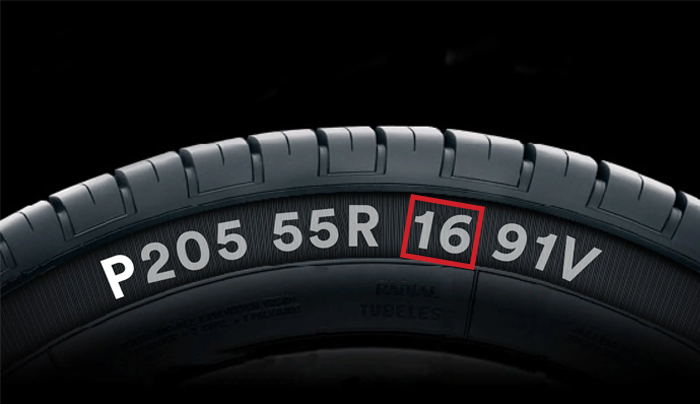
The wheel diameter is the last number in the tyre size code and represents the size in inches. This measurement is important for ensuring that the tyre fits your vehicle's wheels properly.
LOAD INDEX
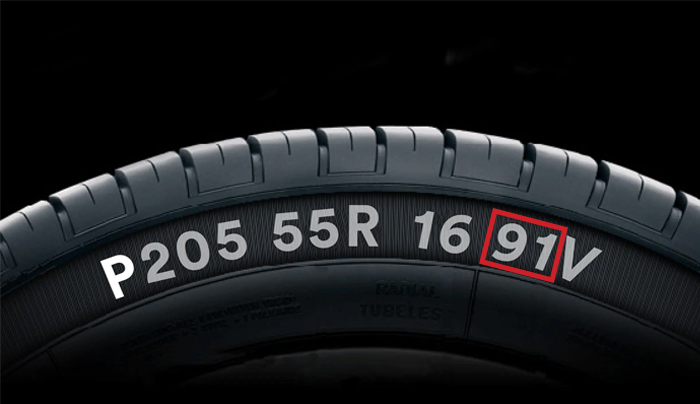
The load index is a numerical code indicating the maximum load a tire can carry. It ensures the tire can support your vehicle's weight and any additional load safely.
SPEED RATING

The speed rating, denoted by a letter, shows the maximum speed at which the tire can operate safely. Matching the speed rating to your vehicle's performance needs is essential for safety and efficiency.
Tire Size Charts
Tire size charts provide a quick reference for understanding various tire dimensions and specifications. These charts help compare different tire sizes and choose the right one for your vehicle.
LOAD INDEX
It is a numerical code that represents the maximum load that a tyre can support. It ensures that the tyre can safely maintain your vehicle's weight plus any additional load.
SPEED RATING
Speed rating charts indicate the maximum speed capabilities of tires based on their speed ratings. These charts help ensure you select tires that match your vehicle's performance requirements.
Buying New Wheels or Changing Your Tire Size?
When buying new tires or changing tyre sizes, think about how these changes may effect your vehicle's performance, handling, and safety. Consider your vehicle's owner's manual or a tyre professional to make an informed decision.
FAQs
What are tire specs?
Tire specs are a code that tells you important information about the tire, including Width, Aspect Ratio, Rim Diameter, Load Rating, and Speed Rating.
How do I check my tire specs?
You can find your tire specs in Tire sidewall, Car owner's manual, and Vehicle door jamb.
How to read tire specs?
Let's break down the example you provided: 225/65R17
- 225: This is the tire width in millimeters (mm).
- 65: This is the aspect ratio, a percentage (%). In this case, the sidewall height is 65% of the tire width (225 mm x 65% = 146.25 mm).
- R: This stands for "radial" construction, the most common tire type.
- 17: This is the rim diameter in inches, indicating the size of the wheel the tire fits on.



